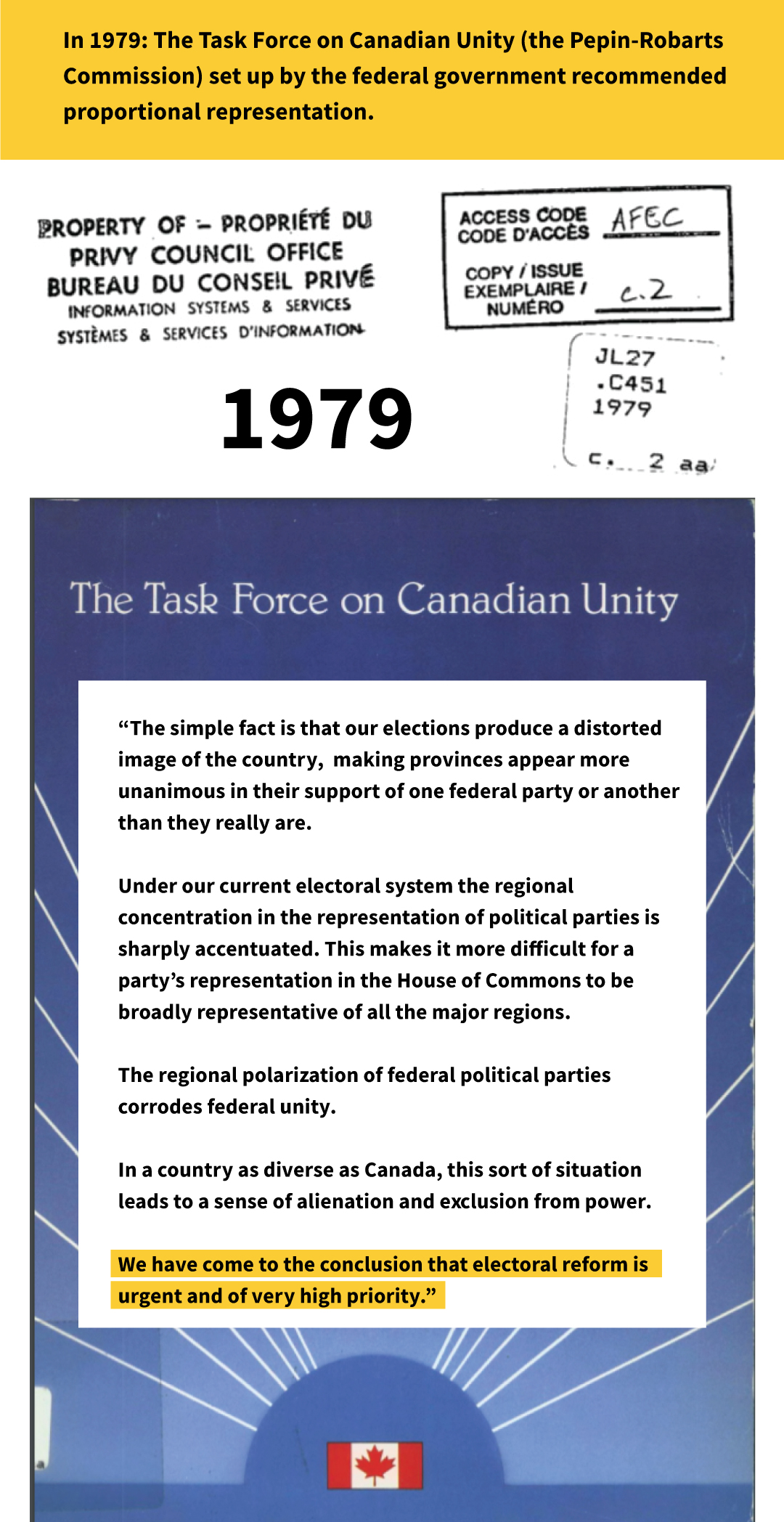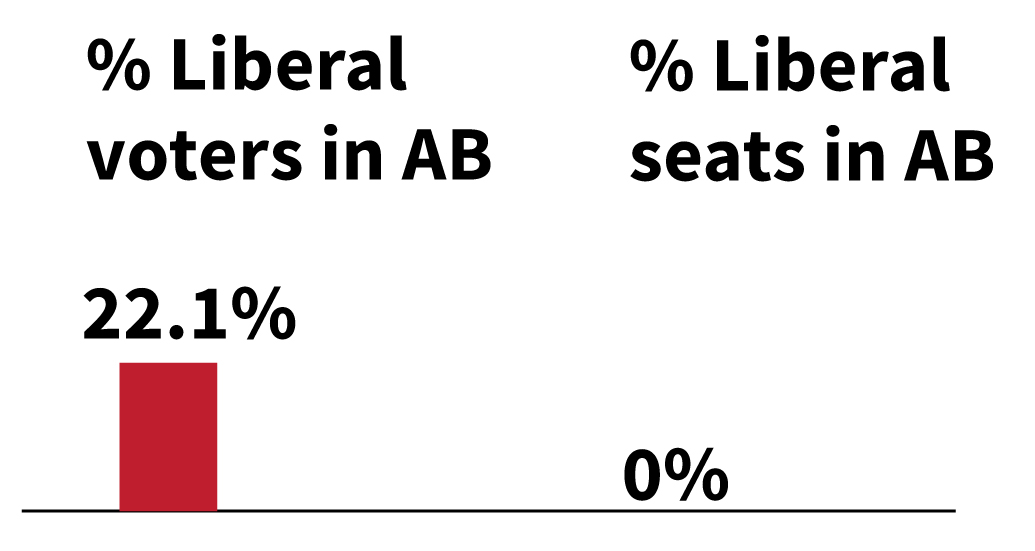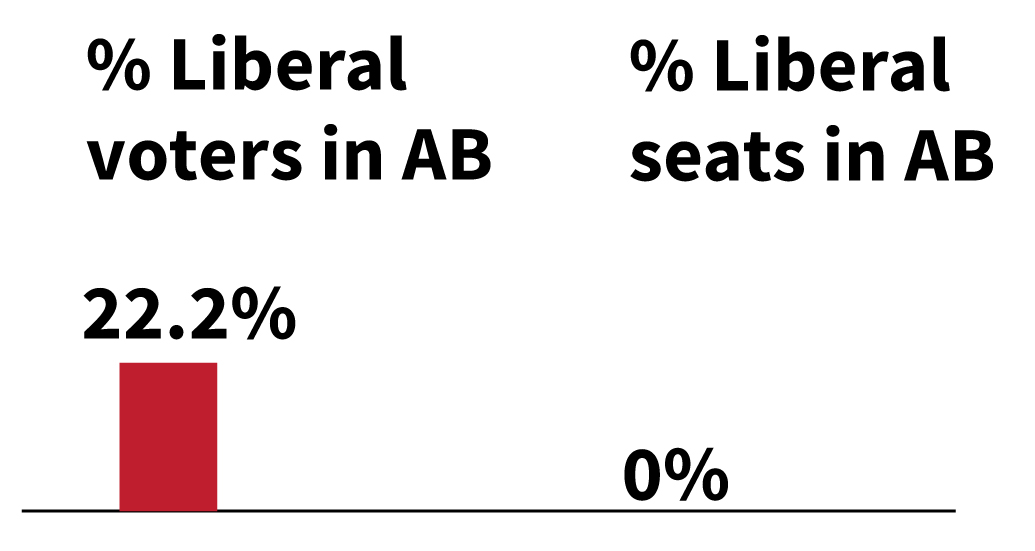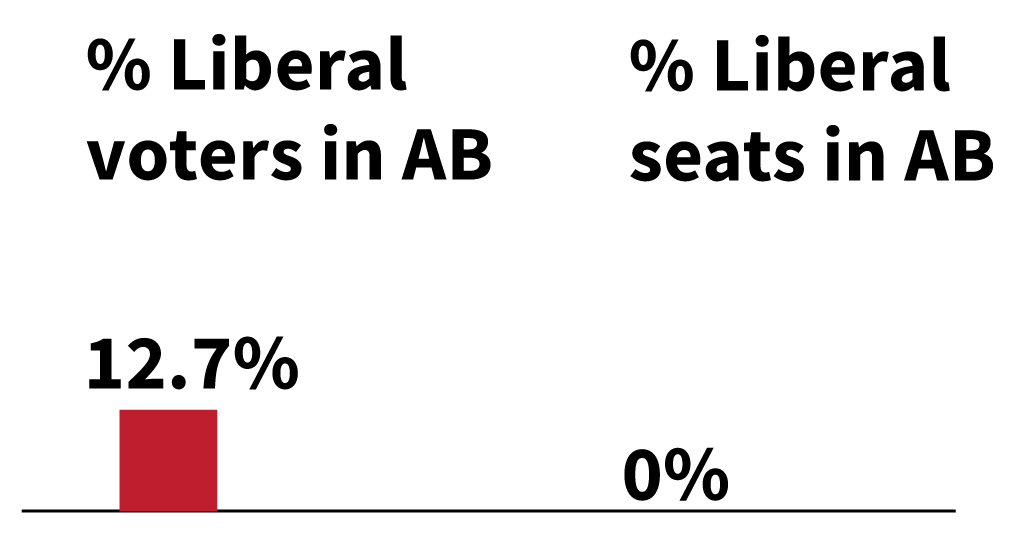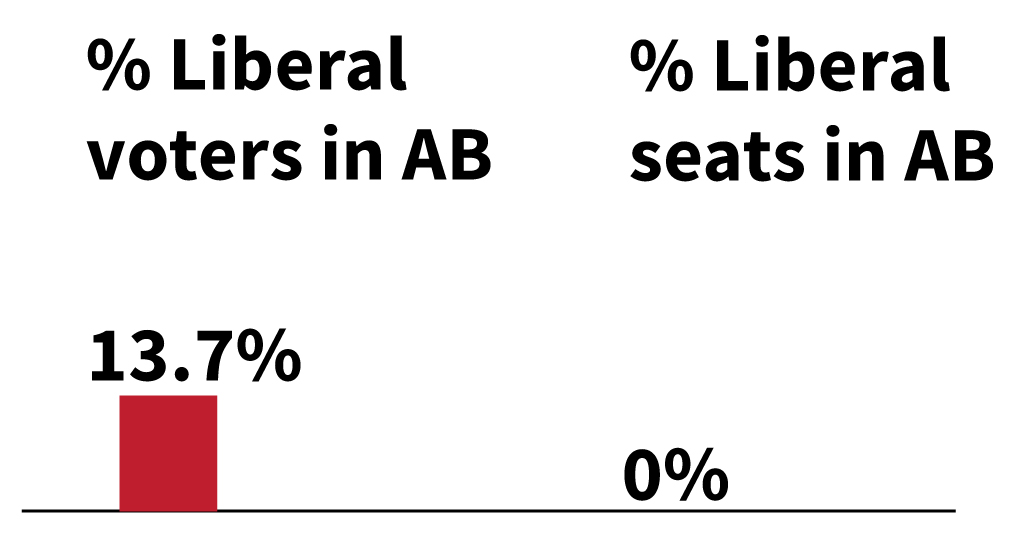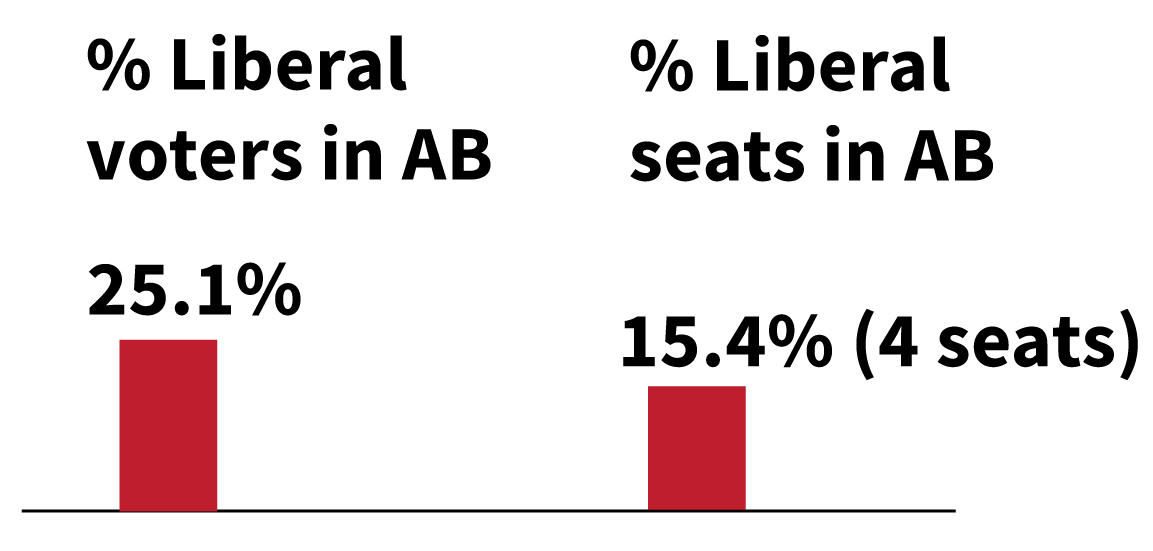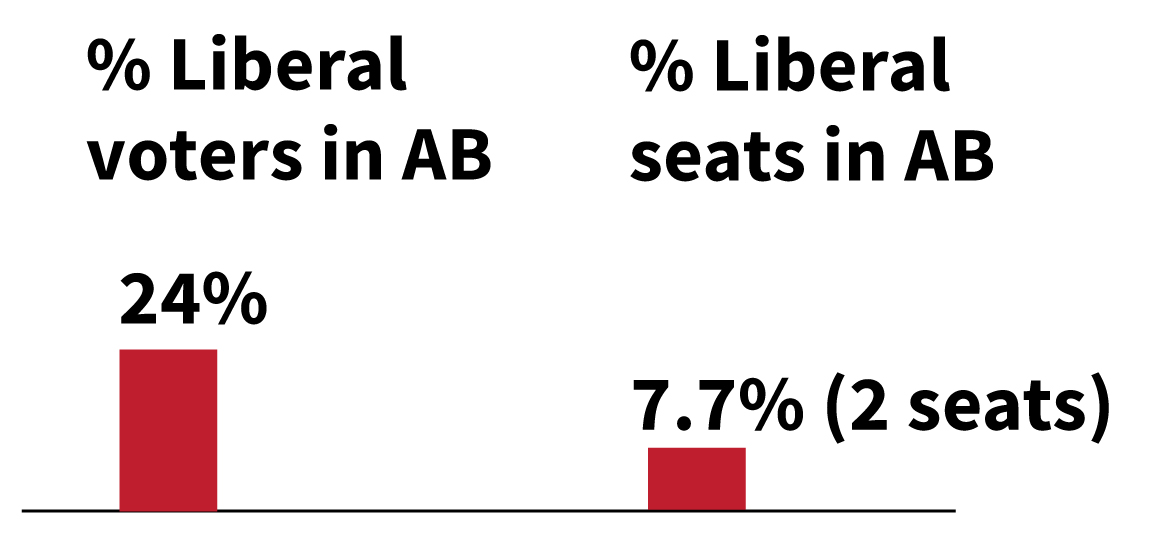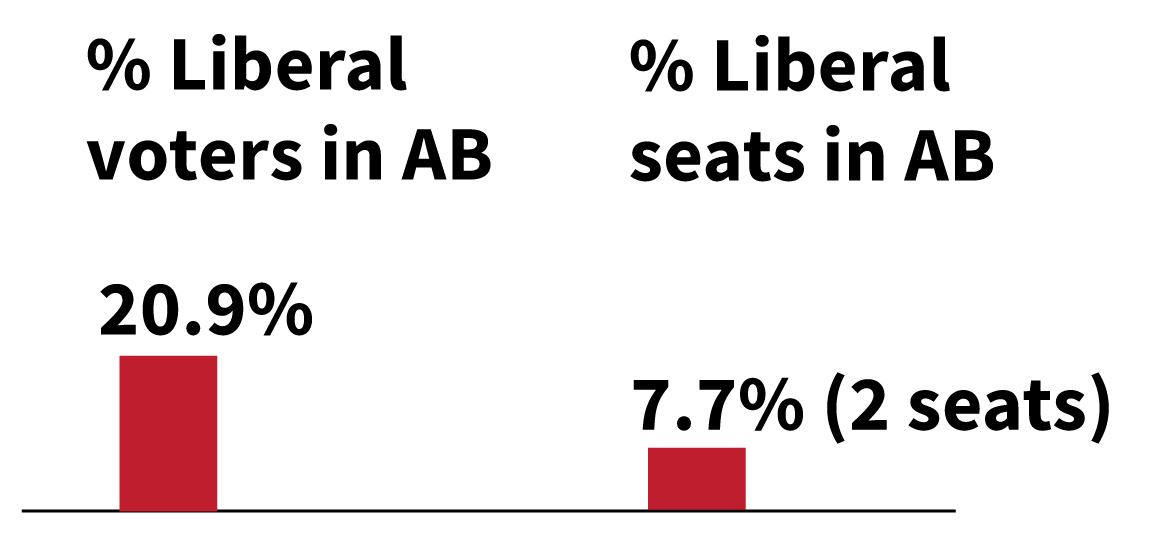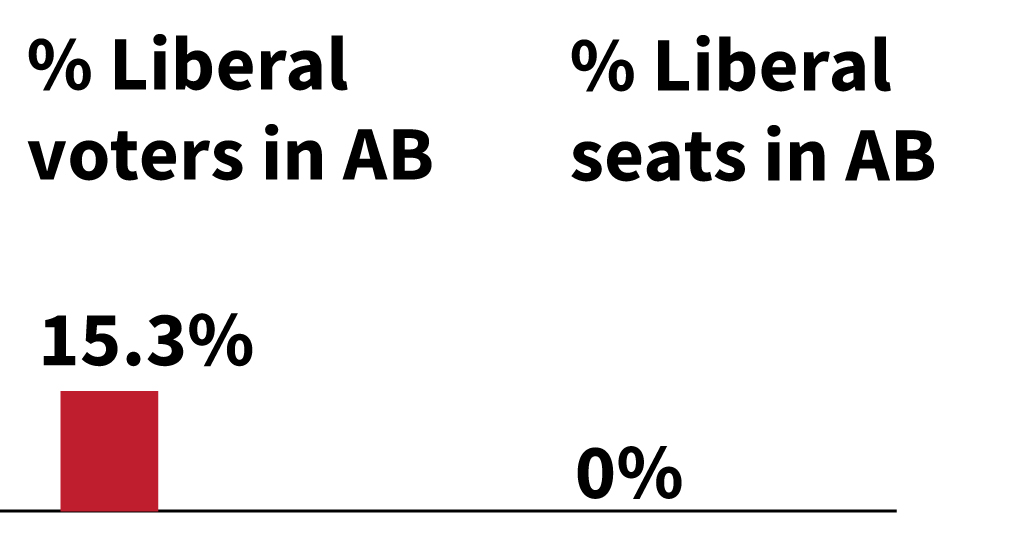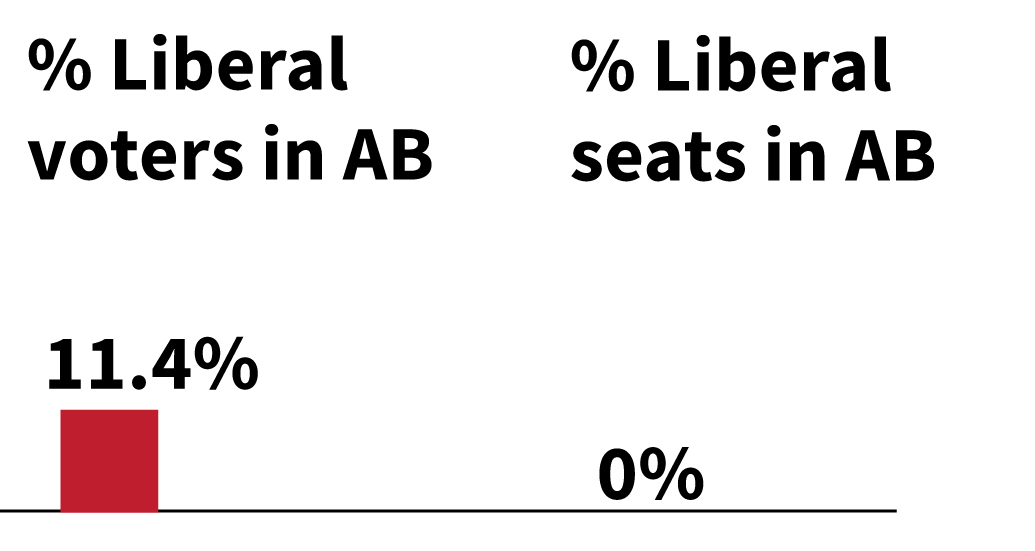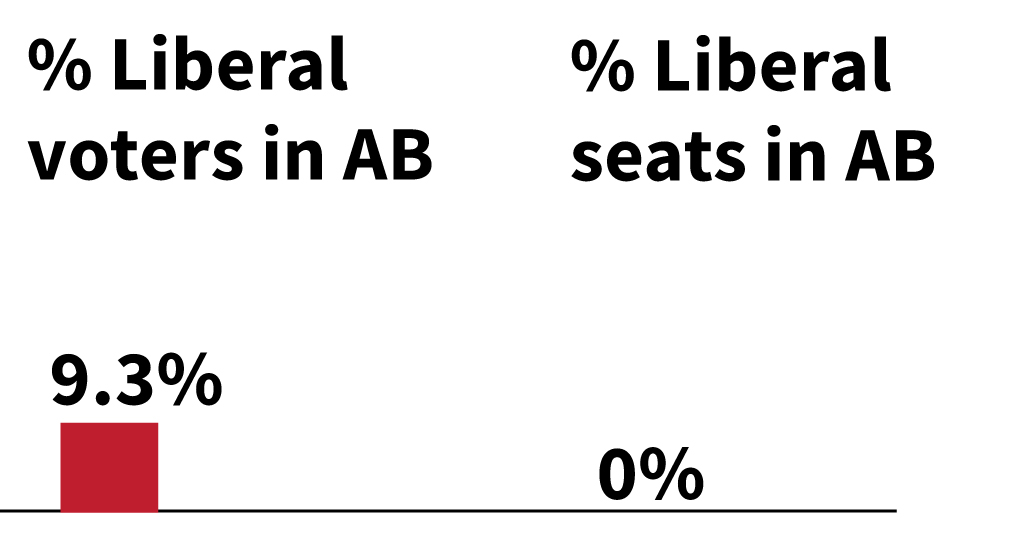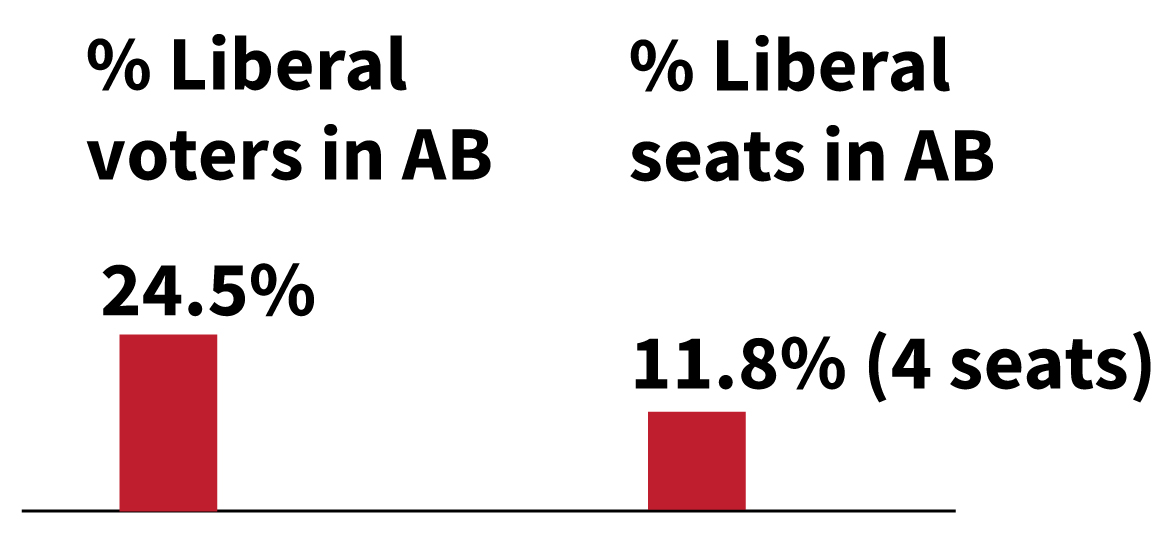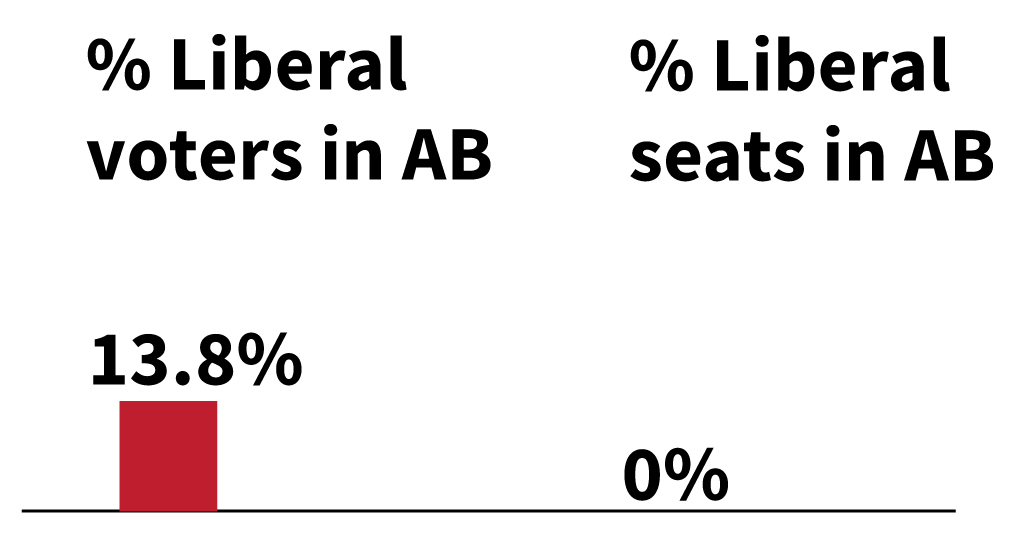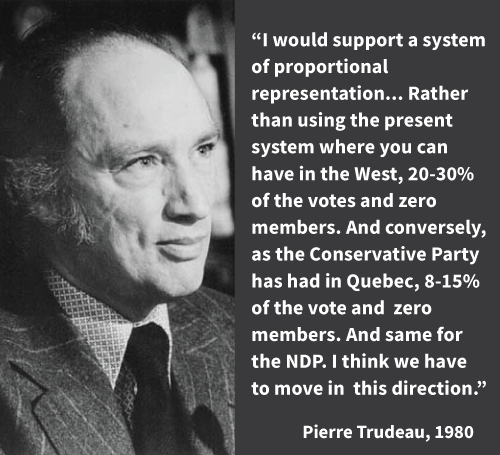Liberals and Proportional Representation
Proportional Representation Would Represent Liberal Voters from Coast to Coast
Federal Liberals have a long history with electoral reform.
All three federal electoral reform committees – in 1921, 1936 and 2016 – were convened by Liberal governments, following Liberal party resolutions or election promises. See the 100 year history of PR initiatives here. Over the years, many Liberals have identified how proportional representation is needed to end false majorities and to ensure their voters are properly represented across the country.
The 2019 federal election once again left Liberal voters unrepresented in western Canada.
This is not new. In 2012, former Liberal leader Stéphane Dion wrote that:
“I do not see why we should maintain a voting system that makes our major parties appear less national and our regions more politically opposed than they really are. I no longer want a voting system that gives the impression that certain parties have given up on Quebec, or on the West. On the contrary, the whole spectrum of parties, from Greens to Conservatives, must embrace all the regions of Canada. In each region, they must covet and be able to obtain seats proportionate to their actual support. This is the main reason why I recommend replacing our voting system.”
In fact, Pierre Trudeau advocated proportional representation as early as 1979, following the recommendation by the national Task Force on Canadian Unity.
The 1980 election produced a very regionally polarized House. While the Liberals won only two seats west of Ontario (both in Manitoba), the PCs won only one in Quebec. As Pierre Trudeau said, it is difficult for a government with no seats in a province to speak for the nation.
CLICK TO WATCH THE TWO MINUTE VIDEO OF PIERRE TRUDEAU AND PROPORTIONAL REPRESENTATION FROM THE CBC ARCHIVES!
As 2013, Stephane Dion stated, “we are numerous to think, in the Liberal Party, that we need some moderate proportional representation.” Dion went so far as to advocate a proportional system he had designed and to appear with Fair Vote Canada at a press conference advocating PR.
In 2014, when the Liberal caucus consisted of 34 MPs, of the 31 present for the vote, 16 voted in favour of an NDP motion for mixed member proportional representation. These included Stéphane Dion, Carolyn Bennett, Kirsty Duncan, Joyce Murray, and 12 others.
Justin Trudeau, voting no, was in the minority.
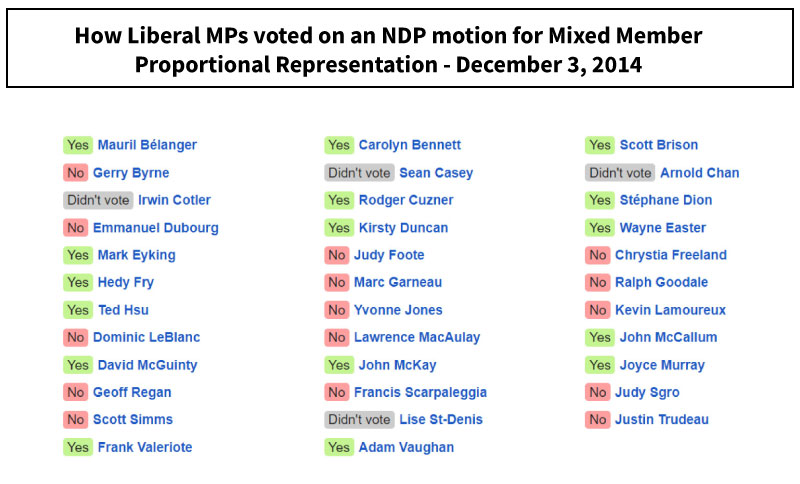
In 2014 the federal Liberal caucus brought a resolution to the party convention:
“That immediately after the next election, an all-Party process be instituted, involving expert assistance and citizen participation, to report to Parliament within 12 months with recommendations for electoral reforms including, without limitation, a preferential ballot and/or a form of proportional representation, to represent Canadians more fairly and serve Canada better.”
It passed overwhelmingly.
In 2015 Justin Trudeau’s Liberals promised to end first-past-the-post, promised to make every vote count, said they were open to proportional representation, and promised that evidence about what works should guide the decisions that government makes.
The 2015 election result gave the Liberals an unexpected majority government with 39.5% of the popular vote. What might have happened in a minority government?
Liberals who have spoken in favour of proportional representation in the past
NOTE: Of the current Liberal MPs, none except Nathaniel Erskine-Smith (who has been an outspoken advocate) have spoken publicly in favour of proportional representation since the 2015 election. Bob Rae has continued to speak in favour of PR. Jody Wilson-Raybould (now an Independent MP) spoke clearly in favour of PR in 2015 and again in 2019. Former Liberal Minister of Health Jane Philpott spoke in favour of PR in 2019.
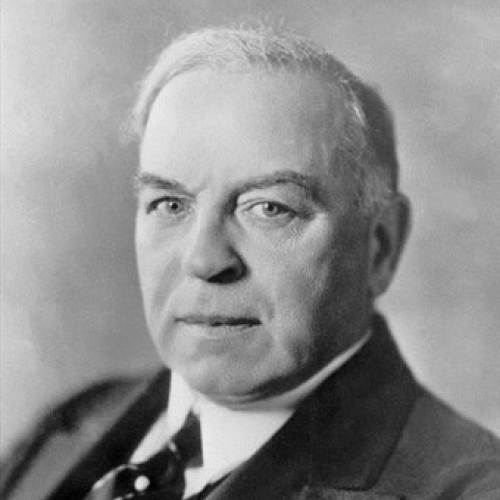
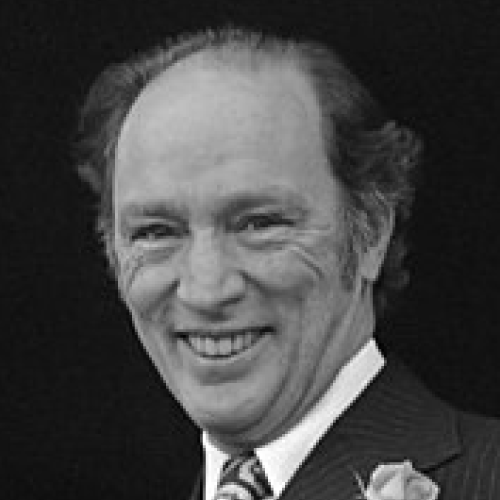
It will be even more difficult for the federal government to speak in the name of the nation and form national policy [unless Canada adopts a more proportional voting system].

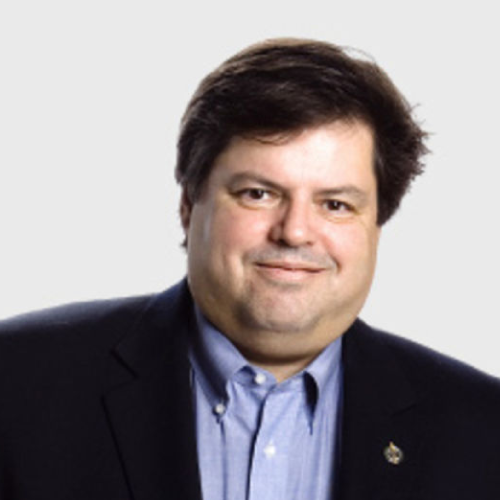
I remember the discussions I had with Ed Broadbent. I said that I personally agreed that there may be a use in our system for an element of proportionality… The reasoning then was that if we had greater regional representation within caucuses, for instance if the Liberals had more voices from Alberta and the Conservatives more voices from Quebec and the NDP more voices from other provinces, in other words, if we had more provincial voices speaking in the respective parties’ national caucuses, the national perspective might win the day more often. I think that would be healthy for our country. Therefore, I do support, notionally, an element of proportional representation.
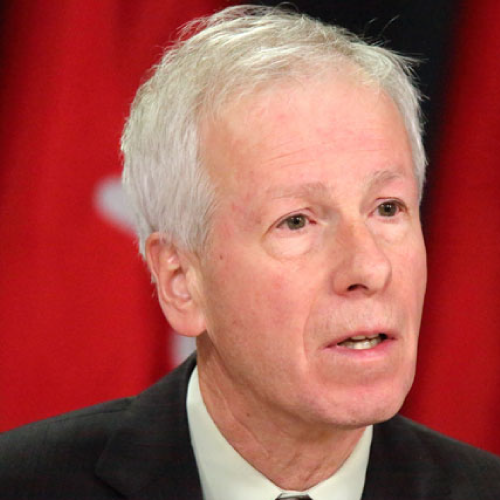
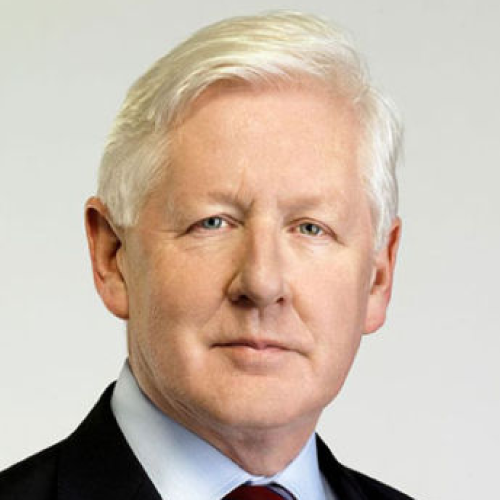
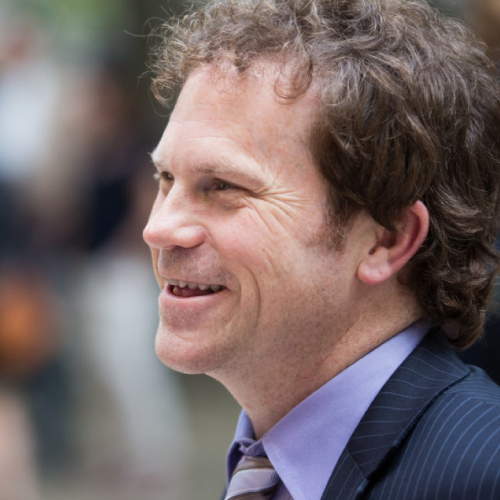
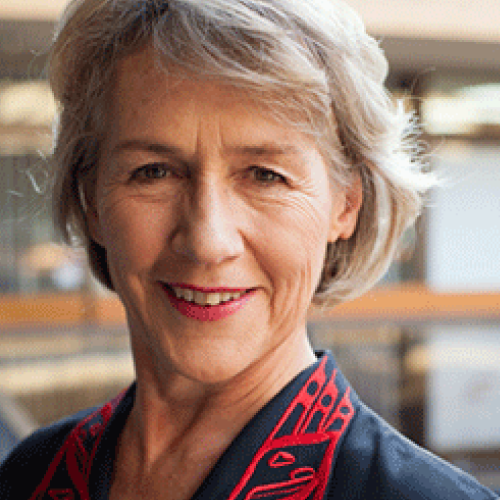
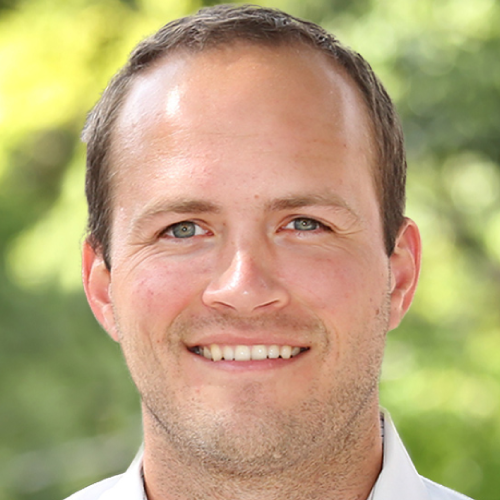
Should a party with less than 40 per cent of the popular vote control 100 per cent of the power in our democracy? There is an overwhelming consensus that the answer is “no.” Democracy’s legitimacy lies in its authority from the people.
I am disappointed that we have broken our promise, and I strongly disagree with our government’s decision to abandon electoral reform.
I first campaigned on the idea of electoral reform in my nomination campaign, well before my Liberal Party included the promise in our election platform. As a member of Fair Vote Canada, I met with my predecessor MP to advocate for electoral reform alongside other constituents.
Since the election, I have spoken publicly in support of electoral reform and greater proportionality, in the House and in interviews. To all Canadians who support the promise of reform, and especially to those who supported me and believed in my promise of change throughout both the nomination and general election in Beaches-East York, I am deeply sorry. True to my word, I will continue to be an advocate for electoral reform for as long as I am in Ottawa.
Liberal voters shut out of the West – a national problem for decades
